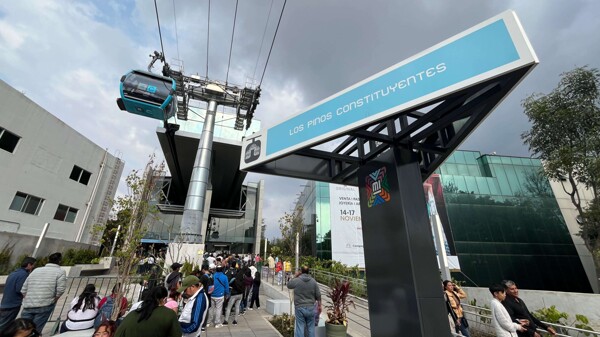
Companies in Mexico have the opportunity to be agents of change and positively impact the communities where they operate. Commitment to corporate social responsibility is considered essential in the 21st century, not just as a desirable option but as a necessity. Such commitment not only reinforces a company's position in the market but also ensures its long-term growth. Responsible companies not only generate economic value but also promote the well-being of the country by establishing reliable and sustainable value chains.
In a context where inequality gaps persist, responsible practices in companies become a powerful tool for building a fairer and more stable society. The adoption of inclusive policies in companies benefits various social groups, such as young people, women, people with disabilities, and vulnerable communities, helping to close gaps and create opportunities for progress, especially in marginalized regions.
Corporate social responsibility is essential for the economic and social development of the country. Companies that adopt this vision become pillars of national development, promoting social justice and contributing to the stability and prosperity of the country. By joining this movement, Mexican companies strengthen their competitiveness and leave a legacy of lasting social impact.
Contributing to economic growth and the development of a more equitable and sustainable society is the challenge taken on by being part of this network of socially responsible companies. Promoting fair labor practices fosters an environment where social justice is a reality and where relationships with stakeholders are strengthened, generating trust and a positive reputation.
Corporate social responsibility actions promote sustained economic growth based on principles of inclusion, equity, and respect for the social and environmental context. Collaboration with local suppliers, the implementation of social programs, and the adoption of responsible production processes have a significant impact on reducing inequalities and community development. These strategies foster an organizational culture based on values such as transparency, ethics, and sustainability.














